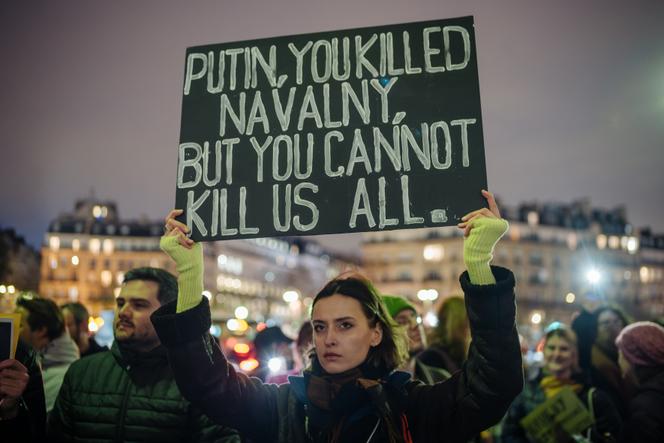


How many Russians left their country in the days or months following the invasion of Ukraine in February 2022? 700,000? A million? The original estimate is uncertain, and some ended up returning to the country after the initial flight. Nevertheless, the emergence of a new Russian diaspora, after several successive waves in the 20th century, is one of the major facts of the Ukrainian conflict, concerning the future of Russia, but also, to a lesser extent, that of Europe.
For the first time, a large-scale sociological study has focused on this other Russia. This survey has the merit of placing this emigration in a longer timeframe, by comparing this latest wave with those arriving in the 2000s, as well as after 2014, the real start of the Ukrainian conflict.
Commissioned by the French Institute of International Relations (IFRI) from the Center for Analysis and Strategies in Europe (CASE), the new think tank set up by Russian researchers in exile, the study is based on a survey conducted by the University of Nicosia. They interviewed 3,237 people living in Germany, France, Poland and Cyprus, either online or face-to-face. The study, unveiled on Tuesday, June 11, was carried out by two economists, Vladislav Inozemtsev and Dmitri Nekrasov, in collaboration with former Duma MP Dmitry Gudkov, all of whom are now in exile.
The post-2022 "relokanty" (literally "relocated," a neologism that has become commonplace in Russia to describe these exiles) represent 44% of the panel studied (versus 35% for those who left between 2014 and 2022). Unsurprisingly, they are predominantly young, male and educated, and have held (or hold) skilled jobs.
The authors warn against the excessive attention paid in recent years to opposition members hunted down by Vladimir Putin's regime, who represent only a handful – 4,000 to 5,000 people, according to their estimates. The bulk of the new exiles are individuals who are not in immediate danger (with the exception of those fleeing the threat of military conscription), but whose lives or future prospects have been rendered impossible in a Russia entirely given over to authoritarianism and confrontation with the West.
Among the latest arrivals, 65% cited the "Russian-Ukrainian conflict" as their reason for leaving Russia, 44% mentioned "other political reasons," 33% economic motivations and 8% their sexual orientation (multiple answers were possible).
Across the entire panel, 56% of respondents said they "support Ukraine more" in the Kremlin-initiated war, 11% "support Russia more," and 17% described a "complex situation in which both sides are to blame." More generally, only 12% said they "approve" or "somewhat approve" of Putin's policies, while 64% "totally disapprove."
You have 56.38% of this article left to read. The rest is for subscribers only.
